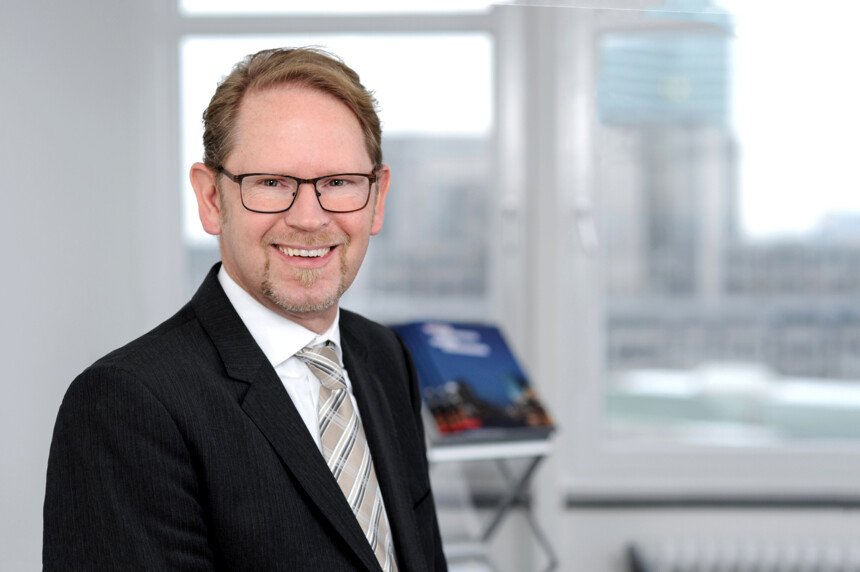Employees of major international companies such as Unilever, Beiersdorf, Meta and Google, which have all established their German headquarters in Hamburg, not only benefit from excellent working conditions, but also enjoy the city's rich cultural offerings. Just 90 minutes by train from Berlin, the Hamburg Metropolitan Region is one of Germany's strongest economic areas and a central trading hub in Northern Europe. Hamburg is a national leader in sectors such as logistics, digital and creative industries and media.
The city also holds a prominent international position in the aviation industry: Over 45.000 people work in Hamburg for Airbus, Lufthansa Technik, Hamburg Airport and around 300 other companies and research institutions. The region is equally significant in the field of wind energy: Around two-thirds of global expertise in wind technologies is concentrated in and around Hamburg. Between Jutland (Denmark) and Hamburg, roughly 25.000 people are employed by approximately 1.500 companies in the renewable energy sector, including DONG Energy, Nordex, Senvion, Siemens and Vestas, all of which have operations or headquarters in the city.
Port of Hamburg – Gateway to the World
Modern container and cruise ships, often several hundred metres long, are a familiar sight in Hamburg. Their spectacular manoeuvres in the harbour require precision on a massive scale. The increasing size and draught of ships have driven significant structural change in recent years. The Port of Hamburg – Europe's third largest container port and one of the most important worldwide – now processes nearly 8 million standard containers (TEU) annually. To accommodate this growth, much of the port's activity has shifted downstream along the Elbe and to the southern bank of the river.
Living and Working in Hamburg
Employees benefit not only from Hamburg's high quality of life, but also from the wider Metropolitan Region, which stretches from the North Sea to the Baltic Sea and from the flat marshlands to the Lüneburg Heath and the quiet Wendland. This blend of a strong economy, natural landscapes, cultural diversity, shopping opportunities and a vibrant urban environment makes Hamburg one of the most attractive cities in both Germany and Europe.
Unlike many other major cities, Hamburg's population is expected to grow steadily in the coming decades – a testament to its enduring appeal as both a place to live and a place to work.
